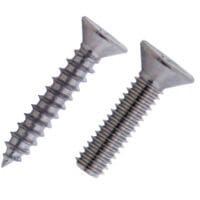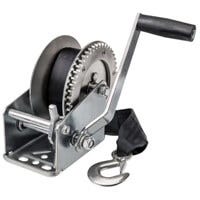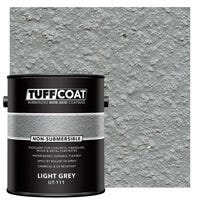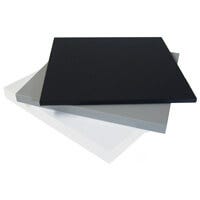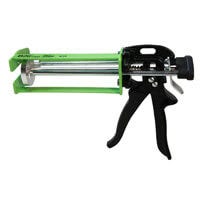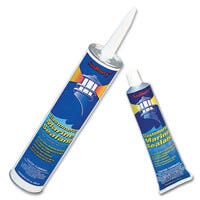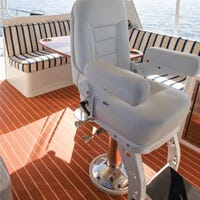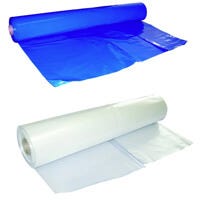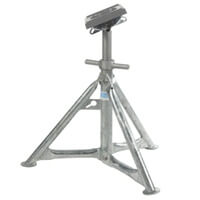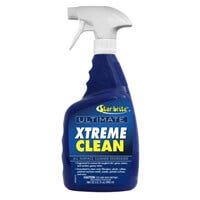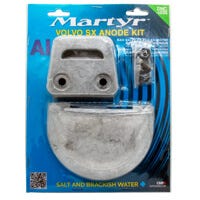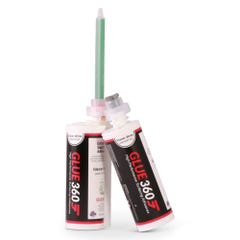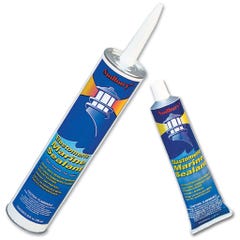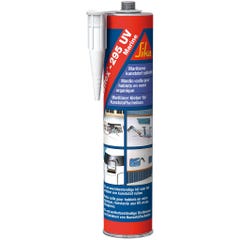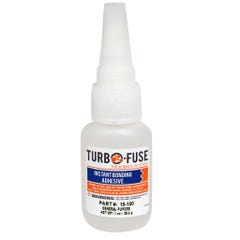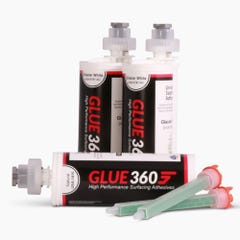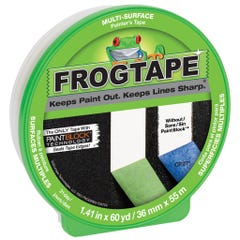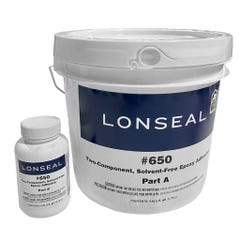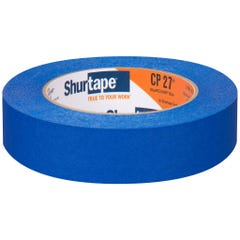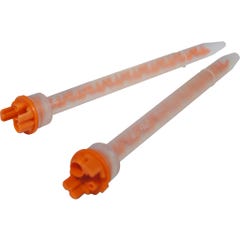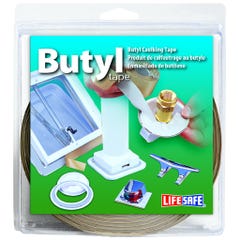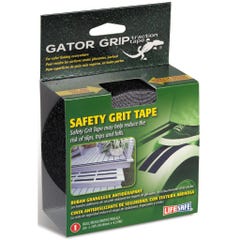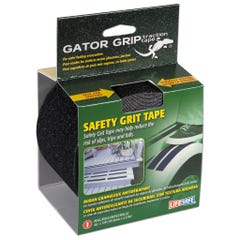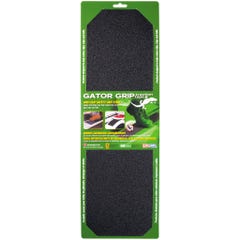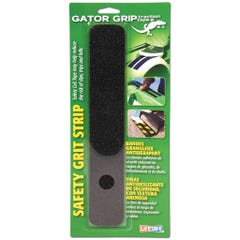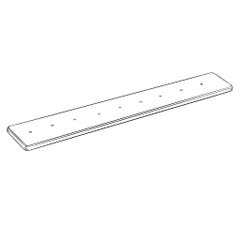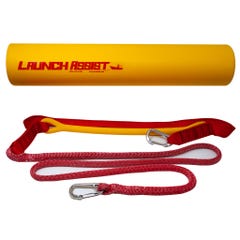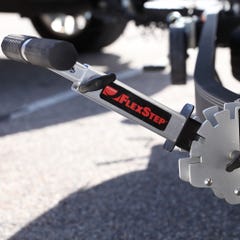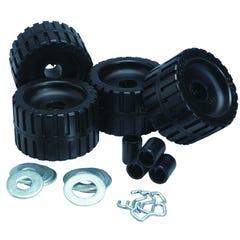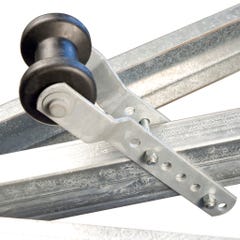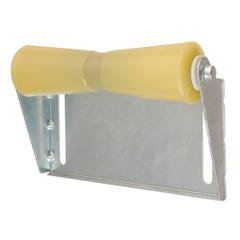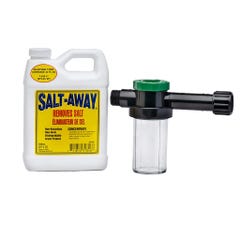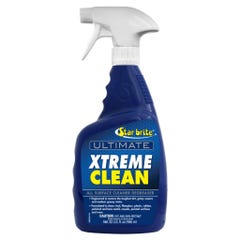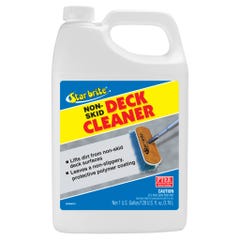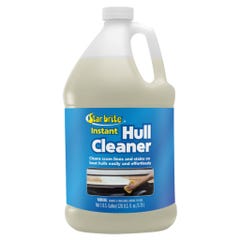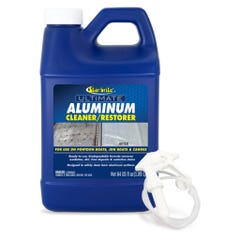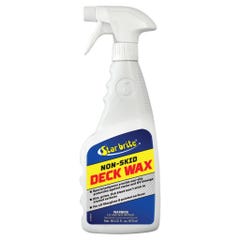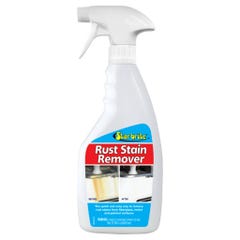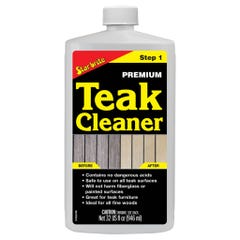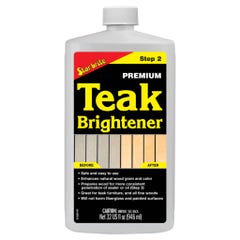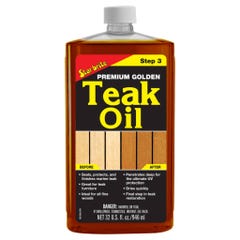- Home
- Maintenance
Marine Maintenance Supplies, Tools and Products
Nothing can make or break your day on the water more than a boat that can’t pull away from the dock. Maintaining your boat and trailer is necessary to ensure your boat is ready to go at any time. » Read More
Learn More About Maintenance Supplies
Boat Maintenance
Performing regular marine maintenance is key to keeping your boat performing at its peak, and decreases the chance of a major malfunction. You should do routine boat maintenance checks often, and at least one thorough yearly check-up.
Learn more about boat maintenance here. Read More
Boat Engine Maintenance
- Inspect the prop blades for dings, check for debris wrapped around the shaft, grease and tighten the nut, and install a new cotter pin if needed.
- Change the lower unit gear lube, check the water pump, and inspect and replace the anodes if needed.
- Check and change the trim and tilt fluids, and inspect seals for leaks.
- Grease all steering fittings and make sure all components are in working order, check fluids or cables depending if your steering is mechanical or hydraulic.
- Fuel tanks should be cleaned and the filter replaced.
- Check all hoses, and primer bulbs if you have any, for leaks or cracks.
- Clean around the filter, dipstick, and drain plug. Replace the oil filter and check the engine hours to see if it’s time to replace the oil.
Hulls Maintenance
- Wash and wax, and inspect the gel-coat for scratches, cracks, and damage on fiberglass hulls.
- Wash and check welds and rivets on aluminum hulls.
Marine Plumbing System Maintenance
- Clean the bilge, bilge pump, and strainer - making sure to remove any debris and oil.
- Check the bilge pump impeller, diaphragms, and connections - making sure there is no damage.
- Inspect all thru-hulls, seacocks, and underwater fittings for corrosion and check all hoses for cracks or rot.
- Inspect the livewell pumps and ensure they are operating correctly.
Marine Electrical systems
- Unhook the battery to clean the posts and connections and apply anticorrosive jelly.
- Inspect wiring and connections for cracks, damages, or corrosion.
- Check all fuses and breakers.
- Make sure all gauges and switches are working correctly.
Boat Canvas/Upholstery
- Clean seats and canvas regularly to prevent/remove mold and mildew build-up.
Boat Hinges, Tracks, and Moving Components
- Inspect snaps, zippers, tracks, and hinges - making sure all moving parts function properly.
- Scrub away rust and corrosion and lubricate parts as needed.
- Ensure gas shocks are working and strong enough to hold up doors and lids.
Performing regular marine maintenance is key to keeping your boat performing at its peak, and decreases the chance of a major malfunction. You should do routine boat maintenance checks often, and at least one thorough yearly check-up.
Learn more about boat maintenance here.
Boat Engine Maintenance
- Inspect the prop blades for dings, check for debris wrapped around the shaft, grease and tighten the nut and install a new cotter pin if needed
- Change the lower unit gear lube, check the water pump, inspect and replace the anodes if needed
- Check and change the trim and tilt fluids, and inspect seals for leaks
- Grease all steering fittings and make sure all components are in working order, check fluids or cables depending if your steering is mechanical or hydraulic
- Fuel tanks should be cleaned and the filter replaced.
- Check all hoses, and primer bulb if you have one, for leaks or cracks
- Clean around the filter, dipstick, and drain plug. Replace the oil filter and check the engine hours to see if it’s time to replace the oil
Hulls Maintenance
- Wash and wax, and inspect the gel-coat for scratches, cracks, and damage on fiberglass hulls
- Wash and check welds and rivets on aluminum hulls
Marine Plumbing System Maintenance
- Clean the bilge, bilge pump, and strainer - making sure to remove any debris and oil
- Check the bilge pump impeller, diaphragms, and connections - making sure there is no damage
- Inspect all thru-hulls, seacocks, and underwater fittings for corrosion and check all hoses for cracks or rot
- Inspect the livewell pumps and ensure they are operating correctly
Marine Electrical systems
- Unhook the battery to clean the posts and connections and apply anticorrosive jelly
- Inspect wiring and connections for cracks, damages, or corrosion
- Check all fuses and breakers
- Make sure all gauges and switches are working correctly
Boat Canvas/Upholstery
- Clean seats and canvas regularly to prevent/remove mold and mildew build-up
Boat Hinges, Tracks, and Moving Components
- Inspect snaps, zippers, tracks, and hinges - making sure all moving parts function properly
- Scrub away rust and corrosion and lubricate parts as needed
- Ensure gas shocks are working and strong enough to hold up doors and lids
Marine Winterization
Depending on your location and seasonality you might need to winterize your boat. Winterization requires specific maintenance in order to protect your boat from the harsh winter weather. Read More
Engine
- Flush and drain cooling water, remove all water from the engine
- Remove and replace engine oil, and install a new oil filter.
- Protect internal components with a fogging oil spray.
- Change the fuel filter, and add new fuel with stabilizer.
- Replace gear oil and replace seals if you notice water contamination in the old oil.
- Grease and lubricate fittings.
Plumbing
- Drain all water from heads, livewells, bilge pump, wash downs, tanks etc. all water needs to be removed to prevent damage.
- Add antifreeze to the plumbing systems.
Hull
- Inspect the hull and gel-coat for any cracks or damages.
- Wash thoroughly, removing any dirt or grime build-up.
- Apply wax to protect the gel-coat.
- Cover or shrink-wrap the entire boat with appropriate venting to prevent moisture build-up from temperature fluctuations.
Depending on your location and seasonality you might need to winterize your boat. Winterization requires specific maintenance in order to protect your boat from the harsh winter weather.
Engine
- Flush and drain cooling water, remove all water from the engine
- Remove and replace engine oil and install a new oil filter
- Protect internal components with a fogging oil spray
- Change the fuel filter, add new fuel with stabilizer
- Replace gear oil and replace seals if you notice water contamination in the old oil
- Grease and lubricate fittings
Plumbing
- Drain all water from heads, livewells, bilge pump, wash downs, tanks etc. all water needs to be removed to prevent damage
- Add antifreeze to the plumbing systems
Hull
- Inspect the hull and gel-coat for any crack or damages
- Wash thoroughly, removing any dirt or grime build-up
- Apply wax to protect the gel-coat
- Cover or shrink wrap the entire boat with appropriate venting to prevent moisture build-up from temperature fluctuations
Contact Us
If you’re having trouble finding the exact part you're looking for, the best first step is to take a picture and give us a call.
Our customer service team is here Mon-Fri 8am - 5pm and would love to help you track down the exact hardware you need.

Need Help?
Speak to one of our industry pros:
Tap to Call
Commonly Asked Questions About
If a boat isn’t properly maintained it will not last as long as one that is cared for properly. It’s highly recommended that you take the necessary steps to upkeep your boat for its longevity. You can end up experiencing costly repairs over time that could have been easily prevented by routine maintenance. Even something as simple as washing it can keep your boat looking its best for longer.
There are a few simple things you can do at home that can help keep your boat looking its best for as long as possible like washing and waxing it regularly, lubricating moving parts and flushing the engine.Cleaning your seats and canvas often to prevent mold and mildew are other good things you can do yourself. Taking the time to give your boat a good cleaning after a day on the water will go a long way.
A professional can do any and all maintenance that you might not know how to, or don’t want to bother with, yourself. Oil changes, greasing fittings, and hullwork are often best left to the pros. Oftentimes, most boat owners will leave their yearly maintenance up to professionals to go through the entire vessel and engine to ensure everything is working correctly.
After every outing, you should thoroughly clean the exterior and interior of the boat, flush the motor of salt and sand, and lubricate any exposed moving parts. On top of upkeep after every outing, there is specific maintenance that needs to be done regularly, at intervals, and yearly in order to keep your boat in its best condition for as long as possible.
Boats typically don’t require much more maintenance than your car, but they do require regular upkeep to keep them operating at their best. There is specific maintenance that needs to be done regularly, at intervals, and yearly in order to keep your boat in its best condition for as long as possible.
Yes, you should still follow standard winterization procedures even if you’re storing your boat in the garage. Your garage can still experience below-freezing temperatures during harsh winters, which can cause damage to your engine and boat if not winterized properly. Storing your boat indoors is preferred to keep it as protected as possible, and you may choose not to cover it, but you should still follow all other winterization guidelines.

